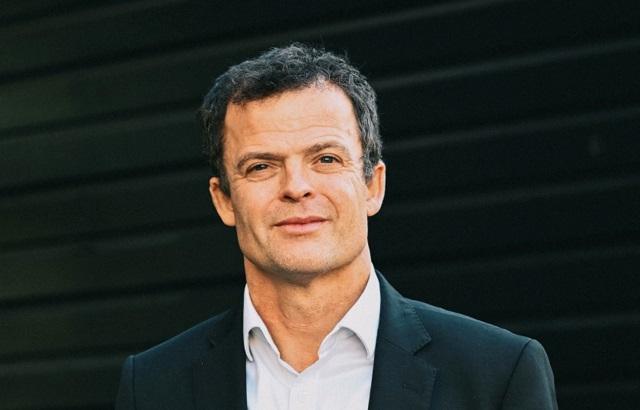Professor Thomas Powles selected as one of Nature’s top ten people who shaped science in 2023
Professor Thomas Powles, a cancer researcher at Queen Mary's Barts Cancer Institute and physician at Barts NHS trust, has been recognised for his transformative clinical work delivering a life-extending treatment for severe bladder cancer.
For over a decade, leading science journal Nature has published a list – Nature’s 10 – that explores the year's key developments in science and recognises ten influential individuals who contributed to these amazing discoveries. Tom Powles, Professor of Genitourinary Oncology at Queen Mary University of London’s Barts Cancer Institute and the Director of the Barts Cancer Centre at St. Bartholomew's Hospital, has been recognised in this year's list for his work on new treatments for metastatic bladder cancer as a world-class contribution to science.

Professor Powles has led a clinical trial that identified a treatment that can double the life expectancy of patients with this type of cancer. He takes his place on the list alongside figures such as Ilya Sutskever, OpenAI’s chief scientist who helped to create ChatGPT, and Kalpana Kalahasti, leading engineer from India’s successful moon landing.
Professor Powles said: “It’s very humbling appear on this list. This bladder cancer work has been a huge effort from a large number of scientists, doctors and patients across the globe, over many years. Representing this group is a real honour.”
Queen Mary's President and Principal, Colin Bailey CBE said: “This prestigious honour is a testament to the monumental impact of Professor Powles' cancer research. His groundbreaking clinical trials have paved the way for improved treatments that will benefit thousands of bladder cancer patients around the world. This recognition will no doubt serve as inspiration for the next generation of cancer research pioneers. Professor Powles' passion and persistence in pursuit of progress exemplifies the best of scientific ideals. Both he and the university should feel immensely proud of achieving this level of global recognition.”
The new combination treatment for bladder cancer was shown in clinical trials to double overall survival of patients. It uses both chemotherapy and immunotherapy drugs to target cancer cells and has been the first advance in treatment for this disease in 40 years. Its efficacy was studied in the EV302 clinical trial which involved nearly 900 people, and was carried out by researchers at Barts Health NHS Trust and Barts Cancer Institute, Queen Mary University of London.
The clinical trial's results are so striking that they earned Professor Powles' two standing ovations at the recent European Society for Medical Oncology conference, where he announced the breakthrough.
Category: General News, In the Media

No comments yet